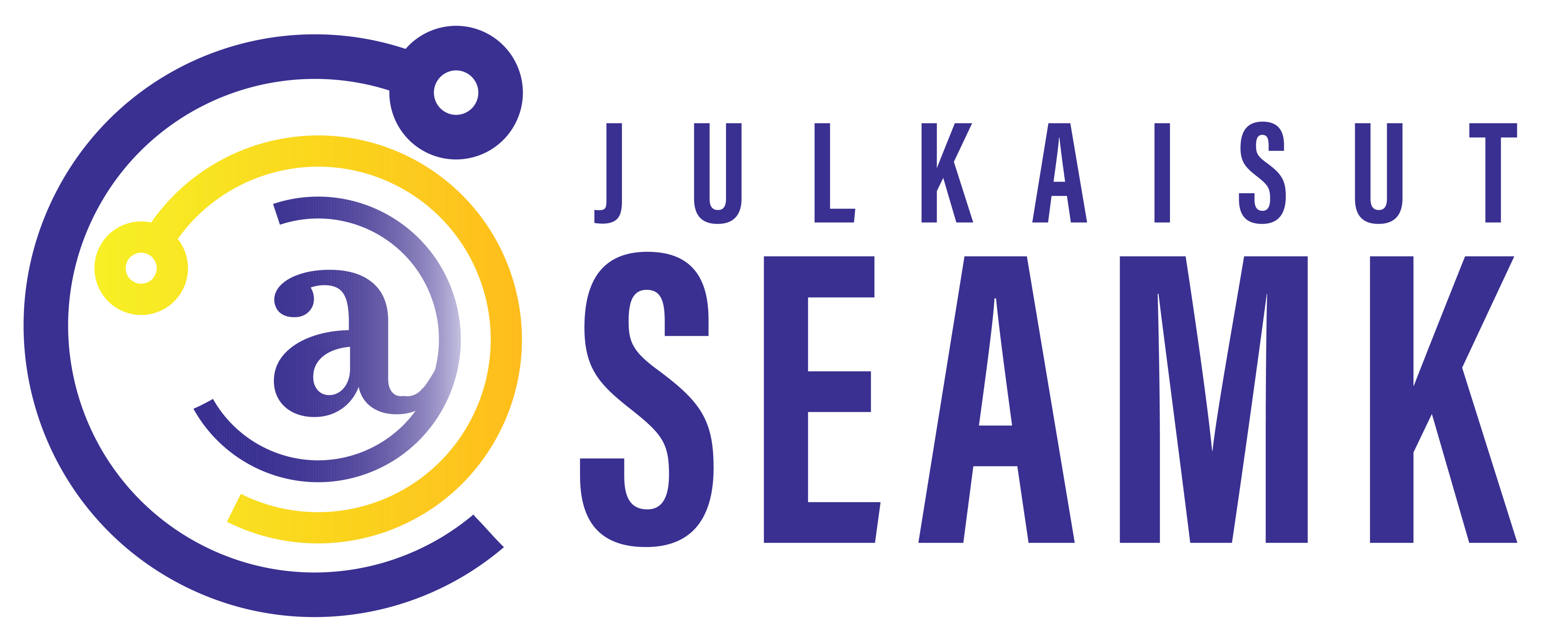Perspectives on the Nature of Open Data in Business Cooperation
![]()
Finnish Universities of Applied Sciences (UAS) educate professionals solely based on labour market needs. The education follows tightly the needs of business, industry and service sectors. Research, development and innovation (RDI) work and regional development are two of the other mandated UAS tasks. RDI activities are typically heavily practice-oriented and have a strong regional impact. These emphases in the operational field created by Finnish UAS are typically of international interest, which is also the case in the domain of open science.
The following article is based on a poster abstract submitted to Open Science Conference held in Berlin in March 2020. The poster submission resulted in an invitation by the organizers to present the topic separately at the conference. As all Finnish RDI work is done in close cooperation with various partners generating new knowledge, competence, products and services for the region and beyond, the challenges of open data in business cooperation touch upon every actor in the framework. This approach of exploring issues common to everyone lends itself as easily to discussions in the international context as in national or project-specific settings.
Opening up
During the RDI projects, a considerable amount of research data is produced. The data is created mostly based on interviews, surveys and measurements. In the Finnish UAS system, it is easy to see an ongoing transition into more open working methods in RDI projects. This relates to publications and data as well as research methods and processes in addition to results. Indeed, the well-known guideline “as open as possible, as closed as necessary” is gradually becoming a reality.
Especially sharing data in a UAS context can speed up innovation and enhance the involvement of businesses and other working life organizations in the research process. In the UAS sector, there is a lot of RDI data, which could be utilised also in upcoming projects, possibly with totally different companies involved. However, are the UAS sector and businesses able to reuse the data in practice? Is the data findable, accessible, interoperable and reusable (FAIR) also for businesses? What are the bottlenecks and practical challenges of curating RDI data and fostering data usage in general?
Challenges of data management
There are challenges of data management where the data is produced in co-creation with companies in the Finnish context. A shared understanding of the goals and practices should be formed at the beginning of the project. Also the trust among all partners is vital. The co-creation of data may generate obstacles related to ownership, ethical questions, confidential information and business secrets, among others. It can also be that businesses are not able to open up the research data because of an ongoing patenting process.
In conclusion, it can be stated that different kinds of aspects should be considered in each phase of an open RDI process cycle to improve the dissemination and the use of research data in the future. In doing so, it is possible to identify the most critical issues relating to FAIR data management, especially in projects fundamentally linked with companies and other working life organizations.
Seliina Päällysaho, Seinäjoki University of Applied Sciences, Finland
Jaana Latvanen, Seinäjoki University of Applied Sciences, Finland
Anne Kärki, Satakunta University of Applied Sciences, Finland
Anttoni Lehto, Turku University of Applied Sciences, Finland
Jaakko Riihimaa, Haaga-Helia University of Applied Sciences, Finland
Pekka Lahti, Haaga-Helia University of Applied Sciences, Finland
Hanna Lahtinen, Laurea University of Applied Sciences, Finland
Eija Suikkanen, Turku University of Applied Sciences, Finland
Helena Puhakka-Tarvainen, Karelia University of Applied Sciences, Finland
